The Italian Navy has become the latest participant in the naval protection force in the Red Sea to shoot down a Houthi drone or missile. The incident over the weekend came as Houthi officials vowed to continue their attacks on shipping in the region and celebrated the sinking of the first merchant vessel since their campaign began in response to Israel's operation against Hamas in Gaza following the group's October 7th attacks on Israel.
The Italian Ministry of Defense said that the destroyer was acting in self-defense when it downed the drone, which was flying toward the warship.
Italian media reports suggest that the Caio Duilio fired seven or eight rounds from one or more of its three OTO Melara Strales 76mm Super-Rapid guns. While these are dual-purpose weapons also capable of striking surface and land targets, the guns are optimized for the anti-missile and anti-drone defense role, for which they fire DART projectiles that employ radio-command guidance for accuracy.
The video below shows the Strales/DART combination in action during peacetime:
- These same weapons have previously been used by the French and U.K. navies to engage Houthi missile and drone threats, but they are notably expensive: reportedly around $2 million for a single Aster 30 round.
- The mismatch between the cost of advanced naval surface-to-air missiles and the Houthi missiles and drones that they have been targeting is something we have explored in the past.
- The U.S. Navy alone has reportedly fired around 100 Standard-family surface-to-air missiles at Houthi missiles and drones since last October.
- The Royal Navy destroyer HMS Diamond was also recently seen being reloaded with missiles in Gibraltar after shooting down nine drones off Yemen over the span of a few months.
Still, letting even a cheap drone launched by a nefarious actor to get close enough to a surface combatant for a guns engagement in order to save more expensive missiles — if this was indeed the case — is an interesting call that does have its risks.
- While a drone may not be able to sink a ship, it can cause considerable damage and put the vessel out of action for a very long time.
- There are also 'optics' to take into consideration, including the Houthis scoring a direct hit on an allied warship and the ripple effects that may have.
So just how these decisions are being made would be fascinating to learn more about.
Regardless, as far as we know, the latest incident is the first time that the Italian Navy has engaged an aerial threat in a combat situation since World War II.
In response to the incident at the weekend, the Italian Minister of Defense Guido Crosetto said:
- “The terrorist attacks by the Houthis are a serious violation of international law and an attack on the security of maritime traffic on which our economy depends.
- These attacks are part of a hybrid war, which uses every possibility, not only military, to harm some countries and facilitate others.”
For Italy’s economy, freedom of navigation in the region is especially important, with around a third of the country’s maritime exports passing through the Suez Canal.
The involvement of Caio Duilio also demonstrates the increasingly international nature of these operations.
- Last week, Houthi drones attacked the German frigate Hessen, which shot them down, while that same ship also accidentally fired on an American MQ-9 Reaper drone while confused as to its identity, as you can read about here.
In the wake of this weekend’s incident involving the Italian Navy, Houthi officials issued a direct threat to Italy:
“Italy jeopardizes the safety of its military and commercial ships. We will strike the ships that attack our country or that hinder the decision to prevent Israeli ships from crossing the Red Sea.”
This reflects continued Houthi claims that they are acting in solidarity with the people of Gaza and that attacks on maritime traffic in the region will stop once Israel agrees to a ceasefire there.
Italy is currently the lead nation of Operation Aspides, launched on February 19, which seeks to ensure freedom of navigation in the Red Sea, the Indian Ocean, and the Gulf. It has been set up with a purely defensive mandate and is distinct from the U.S.-led Operation Prosperity Guardian. Both the U.S. and the U.K. have also executed attacks on Houthi targets in Yemen.
Alongside Italy, Germany, Greece, and France have also agreed to participate in Aspides. The latest warship to join the operation appears to be the Hellenic Navy frigate Hydra, the flagship of that service, which passed through the Suez Canal into the Red Sea at the weekend.
In the meantime, the Iranian-backed Houthis continue to target commercial shipping.
- Today, in an incident off the coast of Yemen, a Liberian-flagged, Israel-affiliated container ship was reportedly struck and issued a distress call.
- Global maritime risk management company Ambrey said it remained unclear whether the ship had taken a direct hit or had been damaged by a nearby explosion, but subsequent reports from Reuters described a fire breaking out on the vessel as a result of explosions nearby.
- The United Kingdom Maritime Trade Operations (UKMTO) reported an incident 91 nautical miles southeast of Aden.
The identity of the vessel has not so far been confirmed but it is said to have been operated, at least in the past, by the Israeli company ZIM Integrated Shipping Services, although this may no longer be the case. The Israeli connections of vessels targeted by the Houthis have become increasingly tenuous as the campaign has continued.
Another vessel attacked by the Houthis, the U.K.-owned bulk carrier Rubymar, finally sank on Saturday after having taken on water after being hit by one of the group’s anti-ship ballistic missiles (ASBMs), on February 18.
- A relatively new kind of threat, ASBMs have seen their first confirmed combat use in the current Houthi campaign, which began soon after Israel launched its offensive in Gaza last October.
The Rubymar became the first vessel to be confirmed as sunk by Houthi action in the campaign and its loss was followed by a celebratory statement from the Houthis.
- These targets are largely related to weapons being prepared for firing, as well as unmanned surface vessels operating offshore.
- Just how big of an impact these strikes, which are highly resource intensive, both in terms of intelligence gathering needed to prompt them and the execution of the strikes themselves, have had is not clear, but they certainly have eliminated some weaponry that would have been employed otherwise.
For the time being, the Houthis look set to keep up their anti-shipping campaign, and as the maritime task forces in the region continue to grow, so does the potential for more nations to be drawn into the conflict.
Contact the author: thomas@thewarzone.com
==========================================================================
Italian warship forced to shoot down Houthi missile in Red Sea
Destroyer Caio Duilio, part of the EU shipping protection force, took out weapon when it came within four miles of the vessel
An Italian warship participating in the EU naval protection force in the Red Sea was forced to shoot down a Houthi missile on Saturday in a rare engagement by the country’s navy, which has largely avoided direct action since the second world war.
The incident came as Houthi officials vowed to continue to attack British ships after the UK-owned Rubymar sank on Saturday having taken on water for a fortnight after being hit by one of the group’s missiles.
The Italian intervention came as politicians from the UN-recognized Yemeni government based in Aden travelled to London to lobby the Foreign Office to recognize that the months of Houthi attacks must end the possibility of any peace agreement in which the group plays a part in a future coalition government.
The destroyer Caio Duilio waited until the missile was within four miles (6km) before firing on it.
- Houthi drones have also attacked the German frigate Hessen and last week the French frigate Languedoc, making it increasingly hard for western powers to know whether any of their shipping or protection forces are safe.
- Italian politicians have not yet fully sanctioned the country’s role in the Red Sea, but are expected to start to do so next week.
Italy has been fully active in NATO and UN peace keeping missions, but its postwar constitution has restrictions on the deployment of armed forces.
- “Yemen will continue to sink more British ships, and any repercussions or other damage will be added to Britain’s bill.”
- He said Britain “is a rogue state attacking Yemen and collaborating with America in sponsoring ongoing crimes against civilians in Gaza”.
- The Rubymar sank after being hit by an anti-ship ballistic missile launched on 18 February.
- Marine life, including fish populations, coral reefs and other aquatic organisms, are likely to suffer as a result of the toxic chemicals and reduced oxygen levels, he said.
- Fishing communities along Yemen’s Red Sea coast in Hodeidah and Taiz would see reduced catches and damaged livelihoods, he added.
- He claimed the Palestinian cause has been Yemen’s since the 1962 revolution.
- “The Iranians and Houthis are trying to hijack this file from the Arabs,” he said.
- The crisis in the Red Sea would not end with peace in Gaza, he predicted.
x
EU launches mission Aspides to protect Red Sea vessels from Houthi attacks
The Houthis, an Iran-backed rebel group that controls a part of Yemen, say their attacks are in retaliation for Israel’s war in Gaza that has so far claimed the lives of some 29,000 Palestinians.
- With 12% of global trade and as much as 30% of global container traffic passing through the vital waterway, their strikes have threatened to severely disrupt trade flows into Europe.
- Greece will provide a commander for its operational headquarters,
- Italy will provide the force commander, and
- France the deputy force commander.
"Beyond crisis response, it's a step towards a stronger European presence at sea to protect our European interests," European Commission President Ursula von der Leyen said on social media platform X.
He added that the mission will have at least four frigates and will be fully operational in a "few weeks’ time."
The operation headquarters will be located in Larissa, Greece, and will work hand in hand with "like-minded partners" already present in the region.
- Speaking on Monday afternoon following the announcement, Italy's foreign minister Antonio Tajani said Romania as well as Albania, a candidate for EU membership, had expressed interest in joining the mission.
- Tajani claimed Italy was advocating for non-EU and non-NATO countries to have the opportunity to join the mission.
Mission strictly "defensive"
- OPG originally enlisted the support of six EU member states, three of which then distanced themselves from the mission.
- "We will not be offensively neutralising a threat on land," a second senior EU diplomat said.
- "The rules of operation are strictly self-defence."
- Other member states, notably Spain, had favoured a more defensive posture and vetoed plans to repurpose the EU’s Atalanta anti-piracy mission to the region

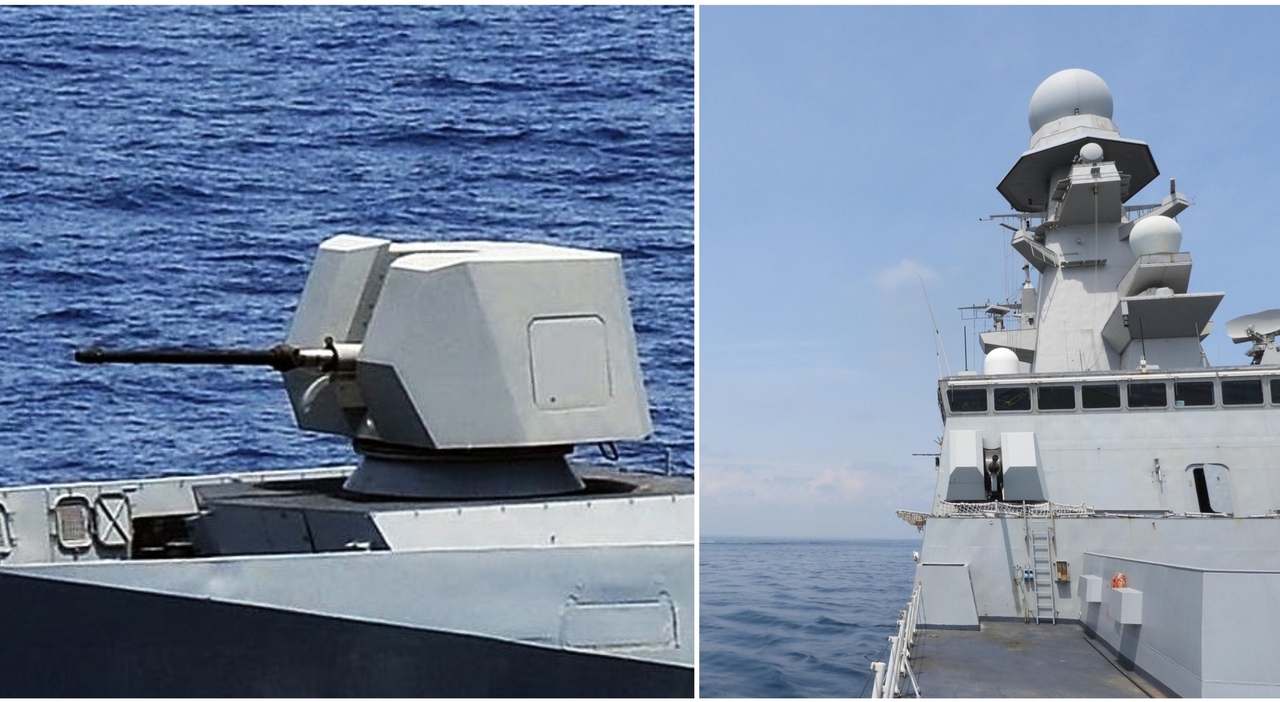
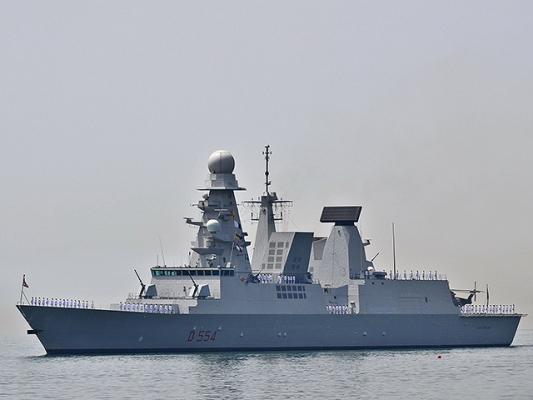
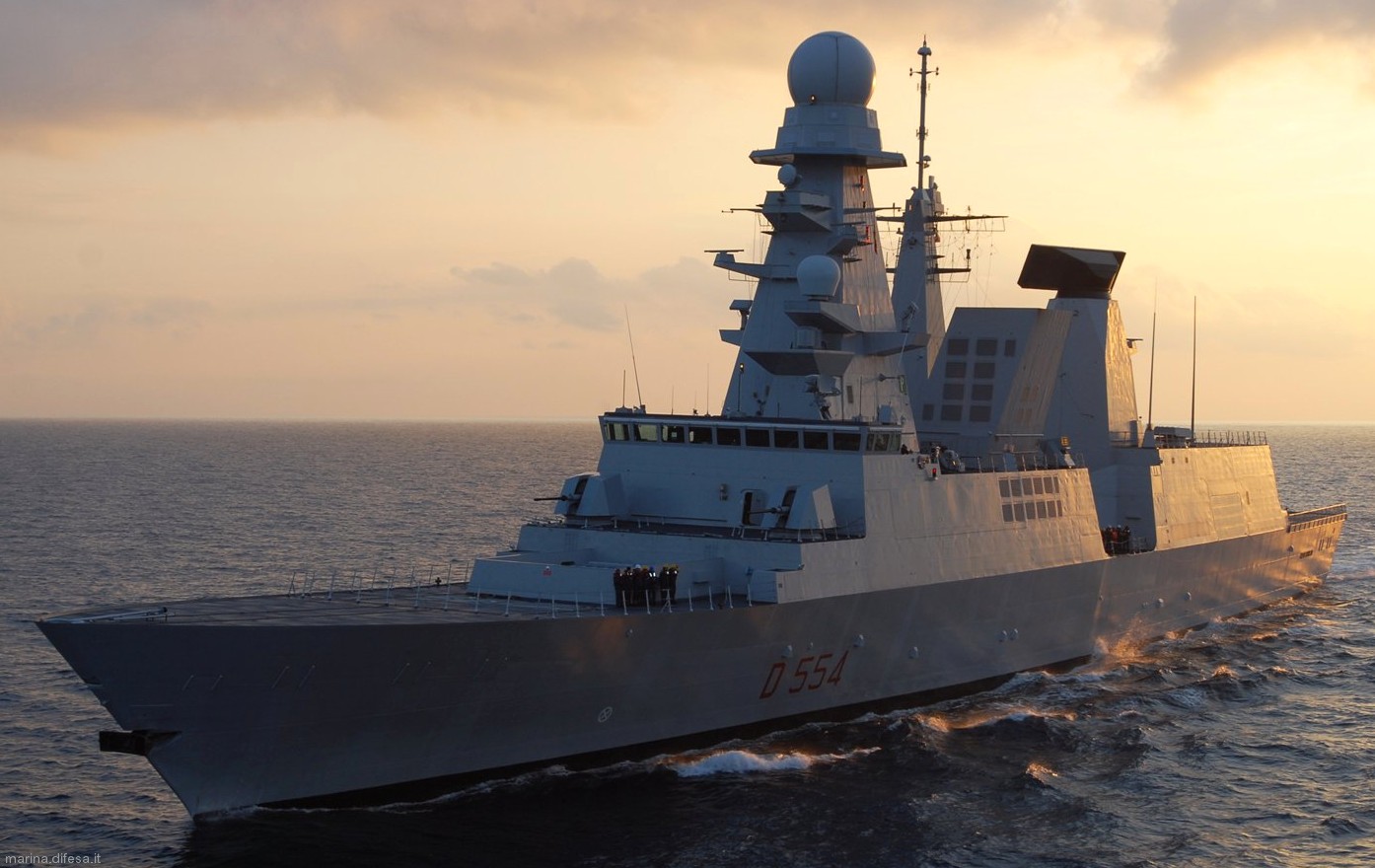
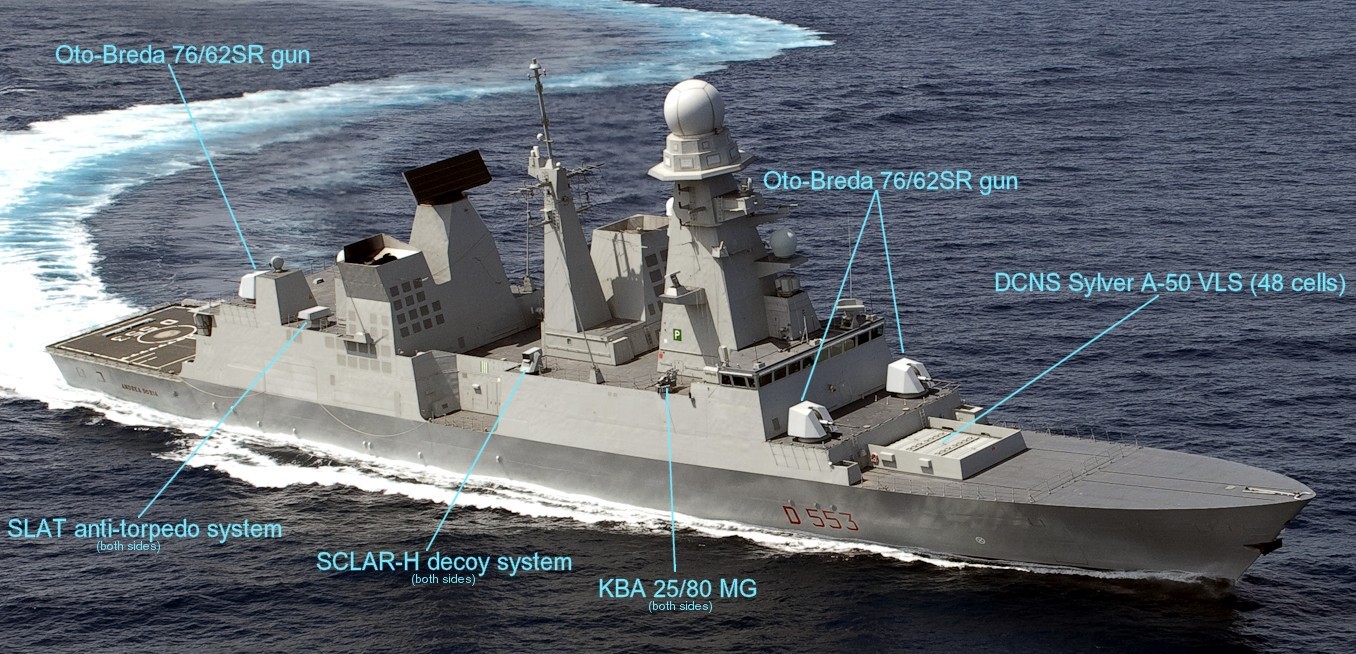
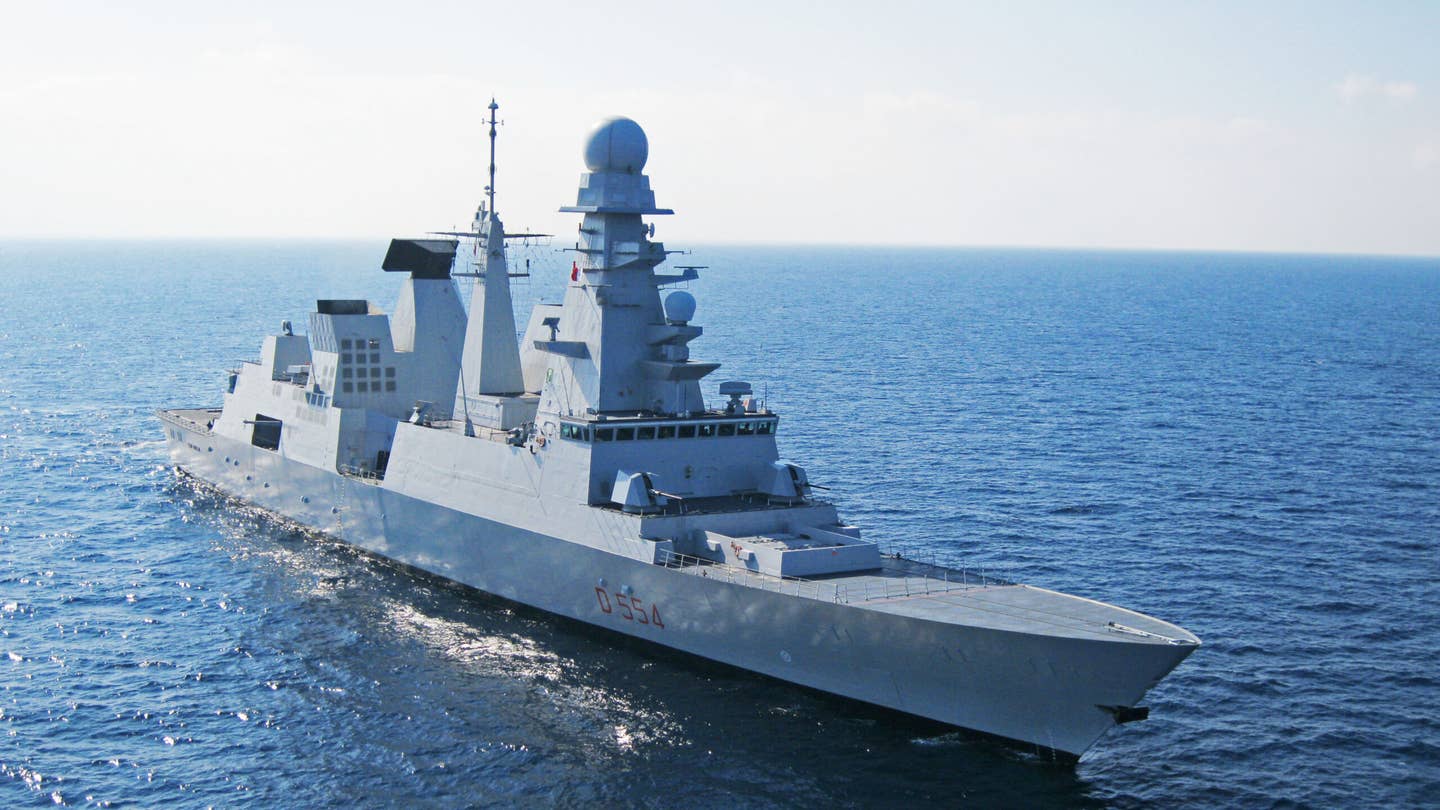
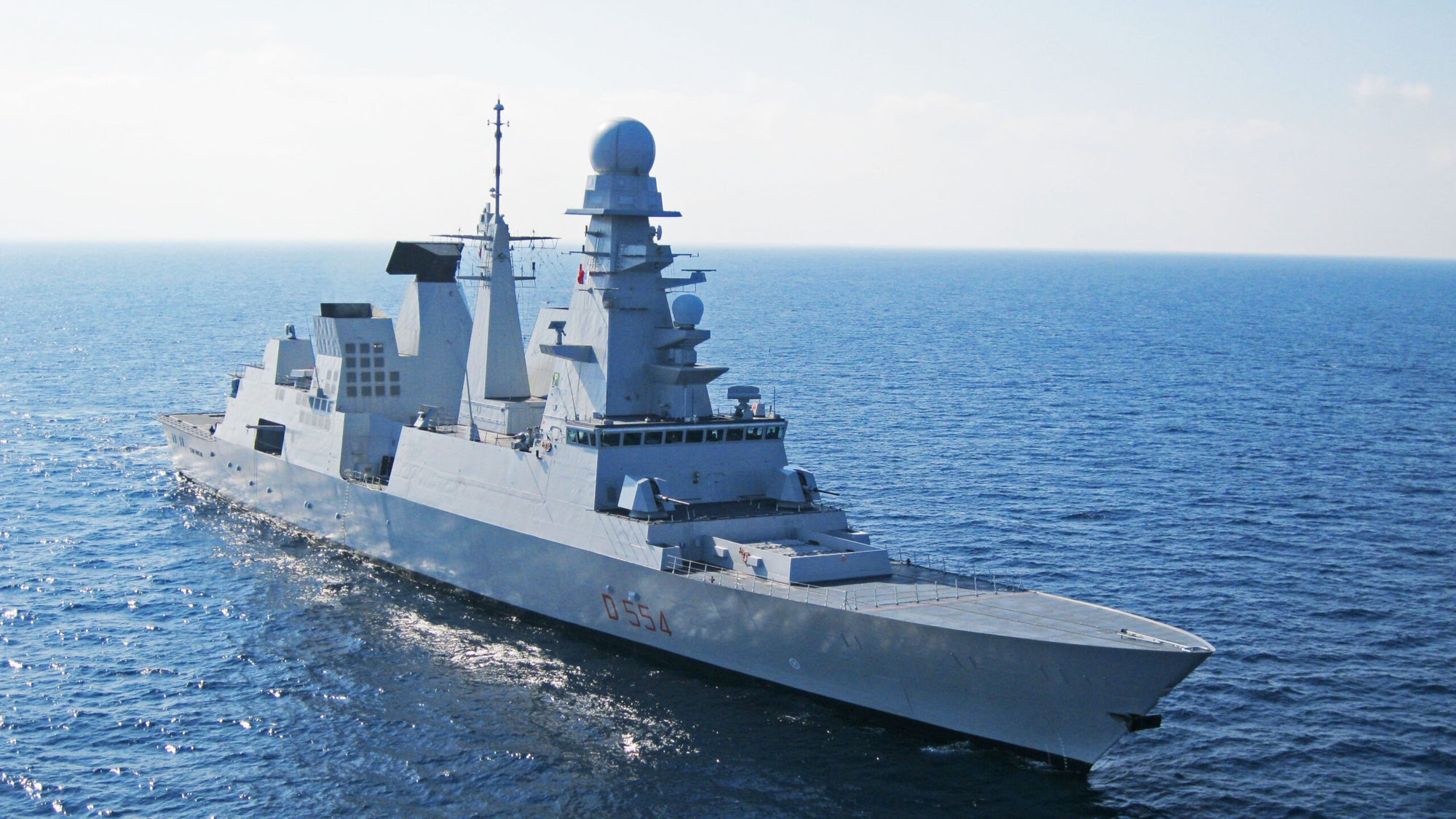
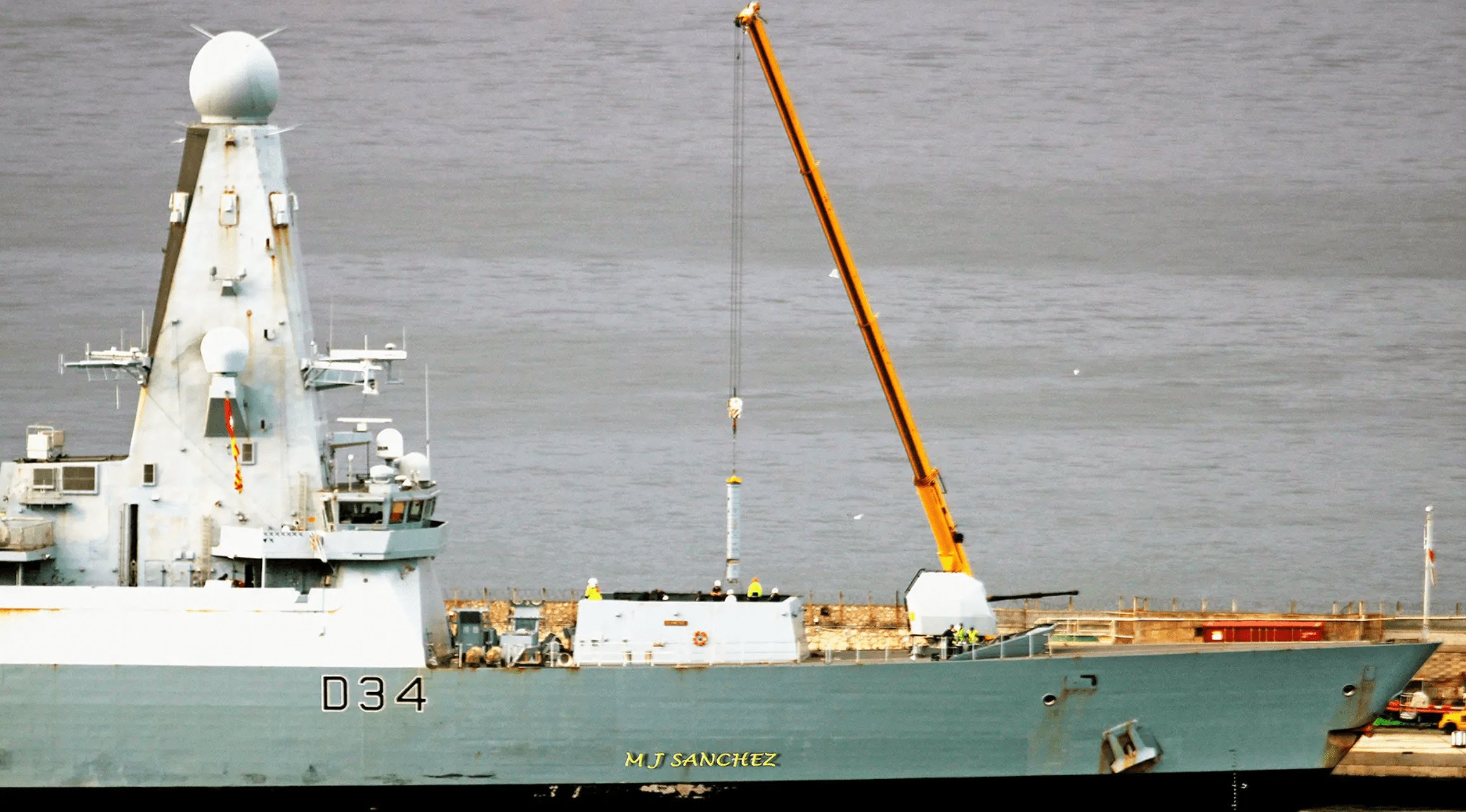

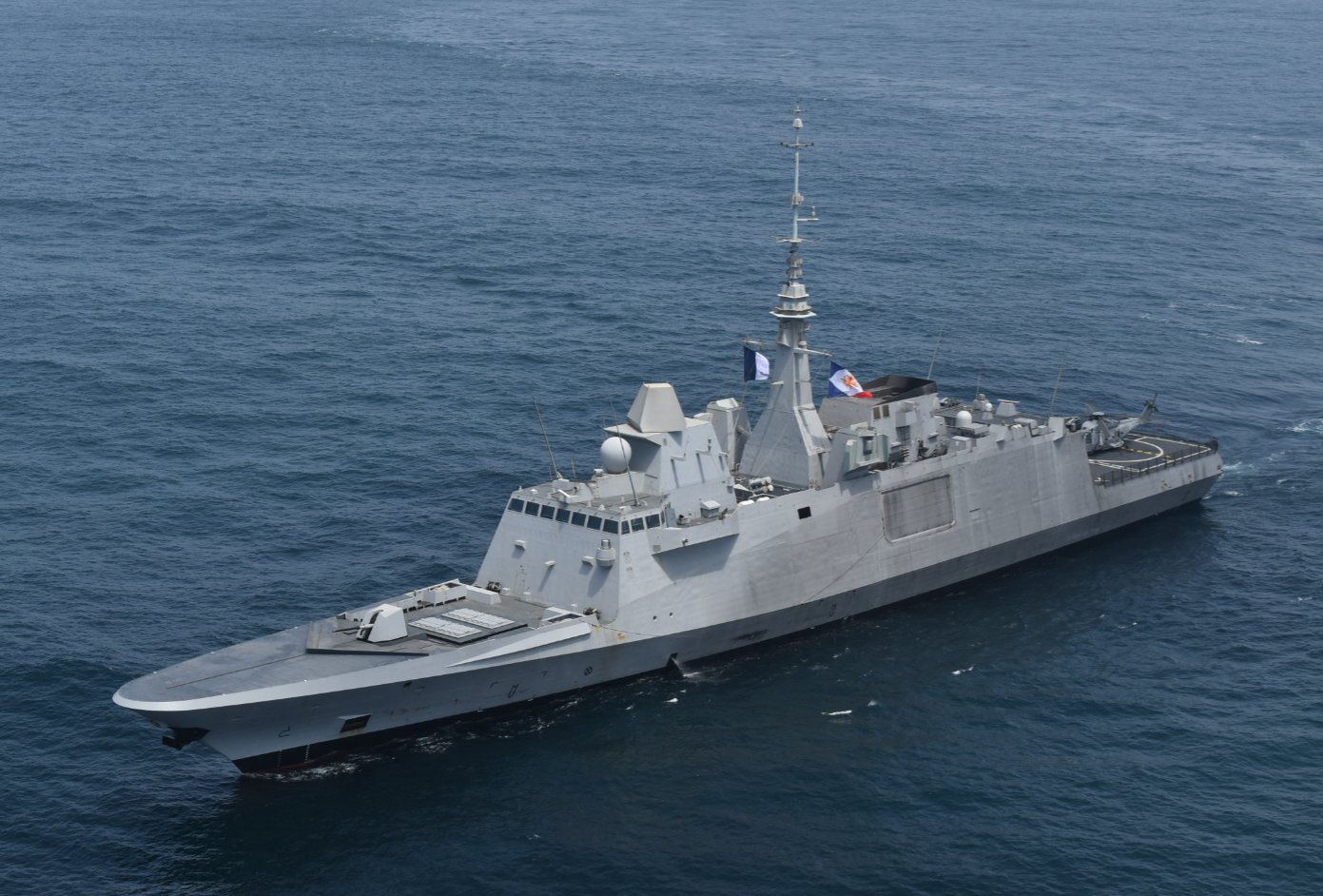
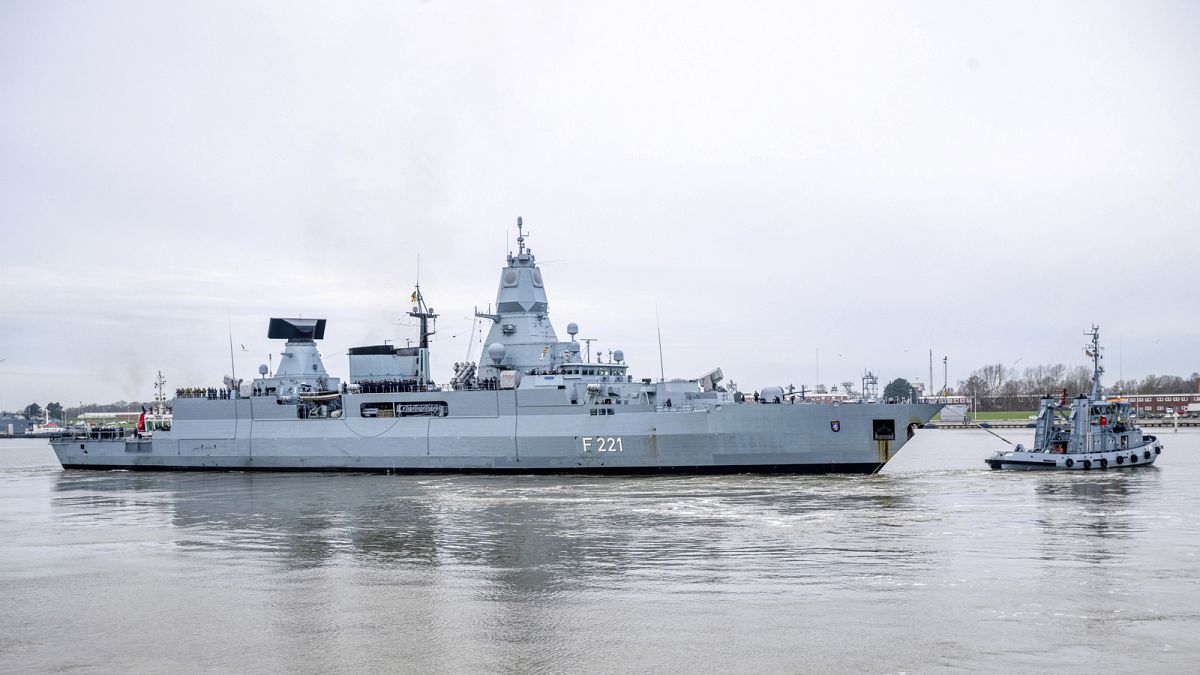


No comments:
Post a Comment